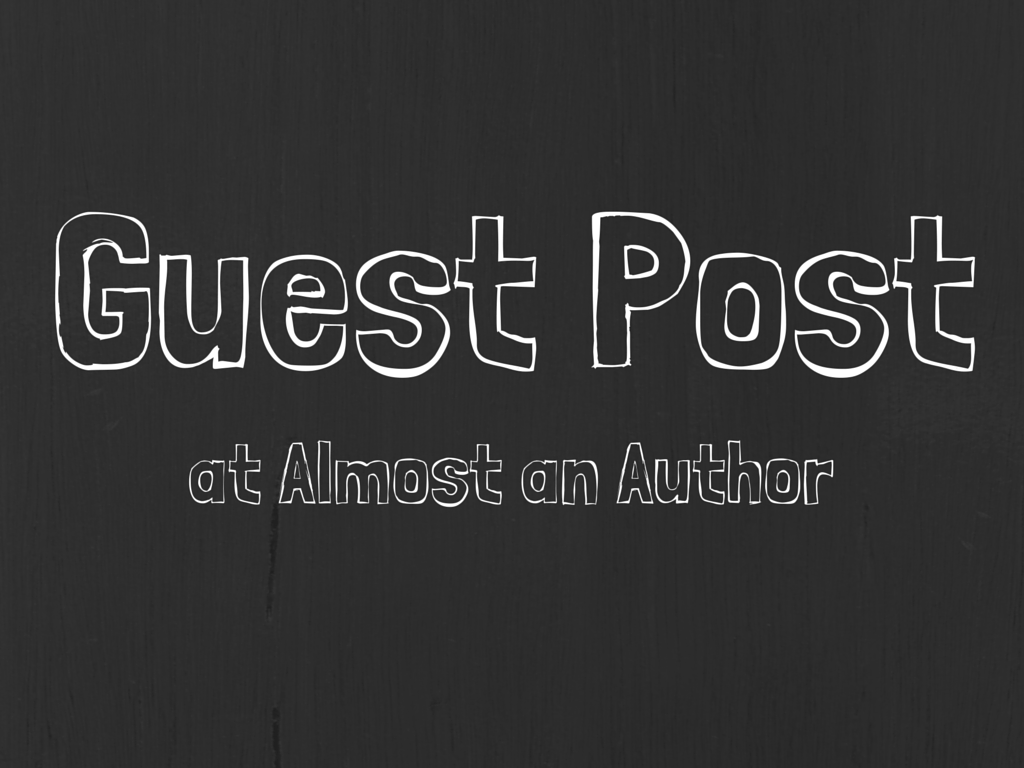
HIT-AND-RUN: 5 WAYS TO CORRECT A COMMA SPLICE
Of the mechanical misdeeds common to writing, the comma splice may be the most insidious. This sneaky little fugitive…
March 30, 2017
Of the mechanical misdeeds common to writing, the comma splice may be the most insidious. This sneaky little fugitive…
March 30, 2017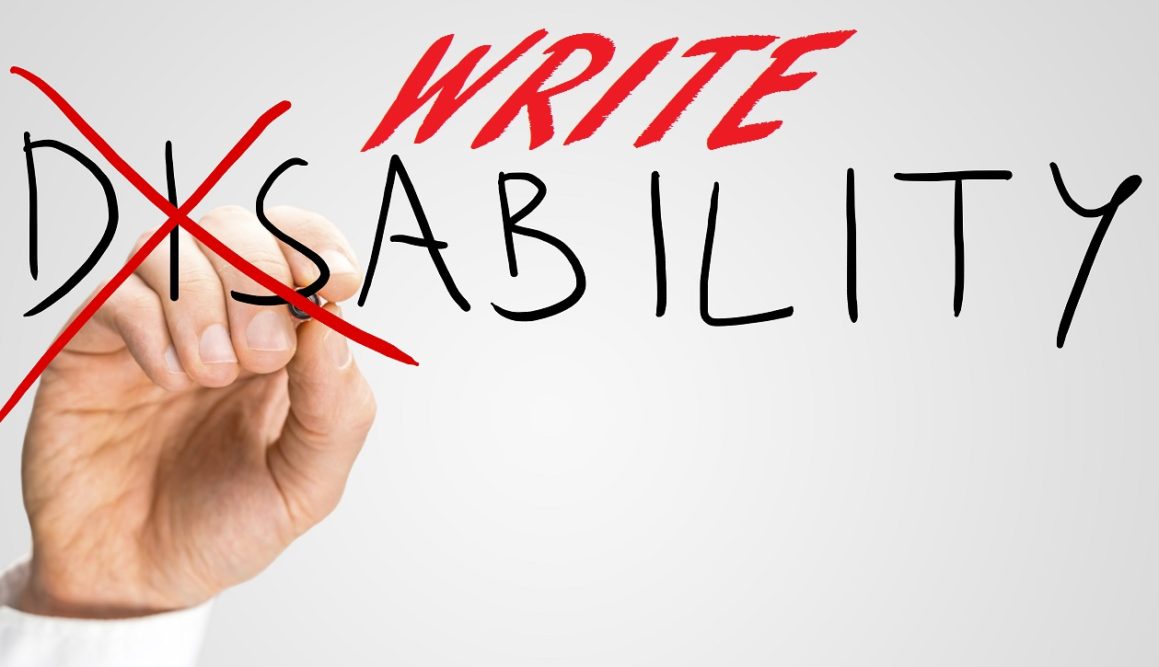
The ninth annual World Autism Awareness Day is April 2, 2017, and April is Autism Awareness Month with the…
March 29, 2017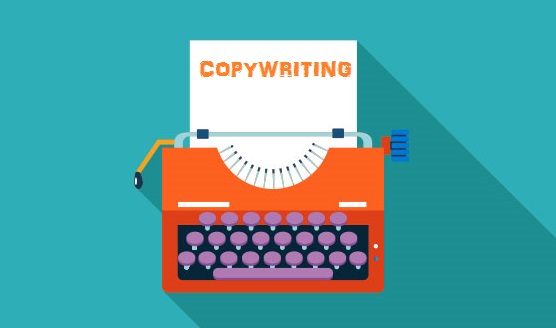
You’re a copywriter. Not a novelist (okay, maybe at night). Not a screenwriter. Not a poet. A copywriter.…
March 28, 2017
Are You Truly a Writer? I’ve asked myself this question dozens of times. Not long ago, I came…
March 24, 2017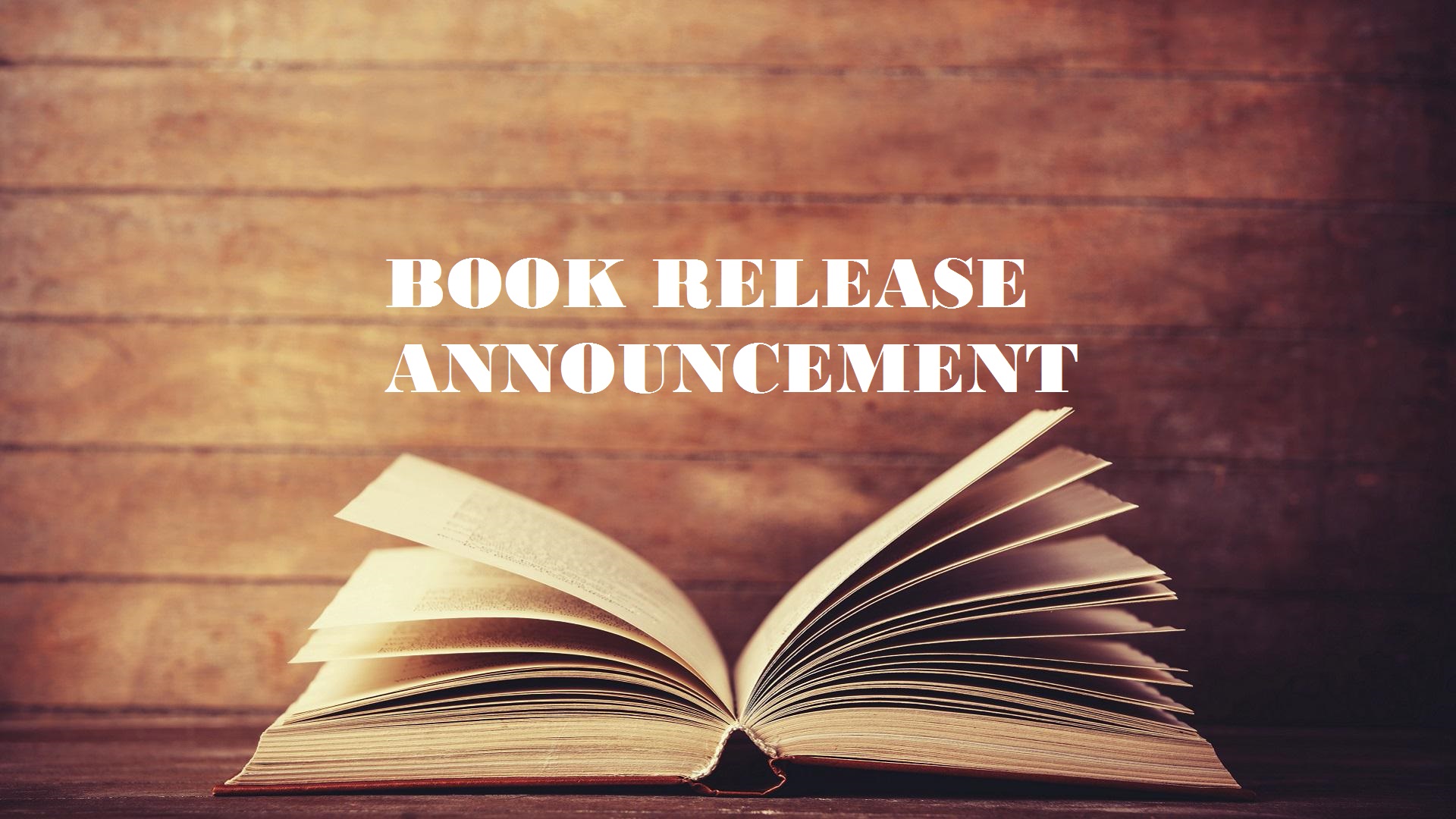
Ribbons, Lace, and Moments of Grace Inspiration for the Mother of the Bride Publisher: SonRise Devotionals, Lighthouse Publishing of…
March 23, 2017
In her national bestseller, Bird by Bird: Some Instructions on Writing and Life, author Anne Lamott divulges the…
March 16, 2017
Please tell us about your most Recent Book As I’m pre-published, the book I’m currently shopping around is The…
March 15, 2017
Many different magazine article ideas swirl around in your head. As I recently wrote, magazine ideas are everywhere. How…
March 12, 2017
In what world does your story live? Sounds like a strange question, doesn’t it? After all, most bookstores…
March 6, 2017
There are many reasons why people write books, but I’ve come to believe the best reason of all is…
March 3, 2017
Can you share a little about your recent book –It’s called, Finding Riley, and just released on October 1.…
March 1, 2017December 1941. London. The worst of the blitz just ended. A nation at war faced Christmas. The BBC’s charge?…
February 28, 2017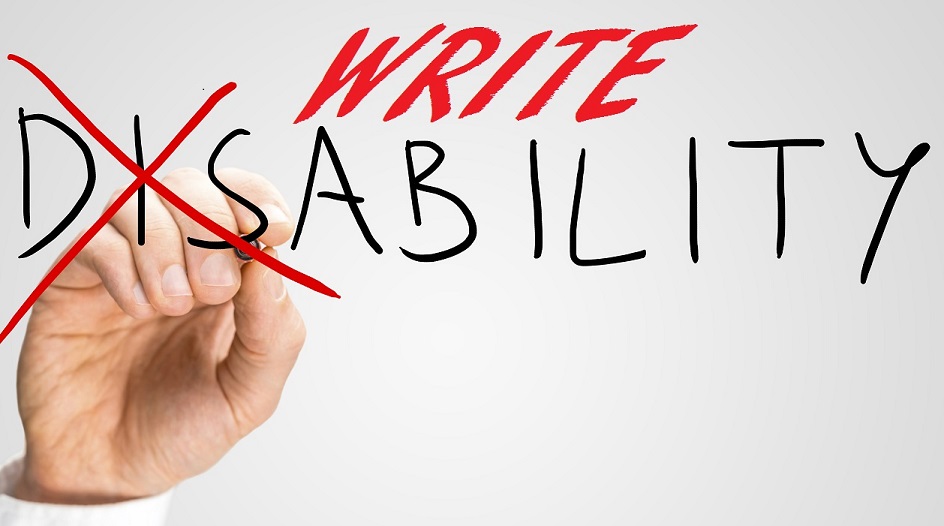
Ann Pietrangelo is the author of No More Secs! Living, Laughing, Loving Despite Multiple Sclerosis, and Catch That Look:…
February 25, 2017
My favorite thing about flash fiction is the artistic freedom it allows. Within its rigidity, skilled writers can find…
February 16, 2017
Please tell us about your most Recent Book-My latest book, Everlasting Love: Romantic Vignettes for a Woman’s Heart, is a collection…
February 15, 2017
Over the last twenty-five years, books have been my passion and the bulk of my writing life. It’s not where I began…
February 12, 2017
If you are reading this, you are either writing a book or considering the possibility. Writing a book…
February 9, 2017
“A group of underdogs are united through unusual circumstances and are forced to work together using their individual strengths…
February 6, 2017
Can you share a little about your recent book – The Drift, Following the death of his wife and son,…
February 1, 2017
This month I’m talking to author Cherrilynn Bisbano. Many of you may know her, she is the Associate Editor of…
January 29, 2017
Several days have passed, and I was sure that the excitement I felt when my wife and I attended…
January 28, 2017
I will be attending the New England Crimebake this year for the tenth time. The first time I attended…
January 24, 2017
Magazines, literary agents, and publishers continue to look for excellent writing in fiction and non-fiction genres which exemplify diversity.…
January 18, 2017
Please tell us about your most Recent Book Land of My Dreams – Contemporary Christian Romance Alone and betrayed,…
January 15, 2017
I love print magazines and I take a number of them as a subscriber. When they arrive, frequently I…
January 12, 2017